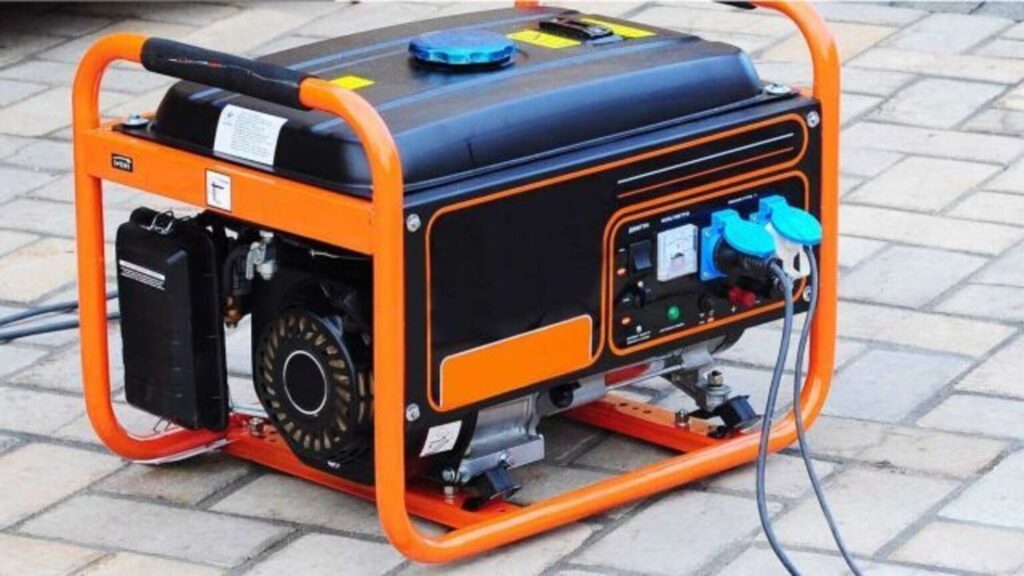The most reported hazards associated with generators are carbon monoxide poisoning, electrocution, and fire. As a result, all generator brands, such as Kohler, provide manuals with proper generator usage and safety tips.
Also, organizations such as Red Cross have made it their responsibility to provide generator users with safety tips to mitigate such incidents. If you are a generator owner or operator or are planning to purchase one, here are some helpful safety tips that can prevent generator-related accidents:
Keep generator dry
To prevent the risk of electrocutions, never run a generator in wet weather such as rain or snow. If you operate a generator during the wet season, run it on a dry surface and cover it with a quality generator tent. If it gets wet, wipe it with a dry towel and avoid touching it with wet hands.
In addition to causing electrocution, running a generator in wet conditions can ruin the engine. To avoid running it on wet grounds, it would help you raise it off the ground using a board or blocks.
Always turn off your generator and let it cool before refueling
Gasoline is a highly flammable fuel, and if it spills on a hot engine, it can ignite and cause an instant fire or explosion. To avoid such accidents, always turn off your generator and let it cool for 15 to 30 minutes.
Also, use the approved fuel containers and quality funnel to prevent generating static electricity when pouring the fuel into the generator tank. And also, use the correct fuel for your generator.
Avoid backfeeding
Backfeeding is a common yet risky practice. In this case, a generator operator tries to power the house through the wall outlet. And while it may seem to work, you are at risk of sending power back down the utility line, thus posing a potential risk of electrocution to the utility workers trying to repair the power lines.
In addition to posing an electrocution risk, backfeeding can damage the generator or cause a fire. To avoid such damages, install a transfer switch or power your appliances using quality extension cables.
Avoid running a generator indoors or in a partially enclosed space
Carbon monoxide poisoning from generator exhaust is a frequently reported generator hazard. This is because carbon monoxide is colorless and odorless, making it difficult to sense its accumulation. For this reason, all carbon monoxide-emitting devices, such as generators, grills, charcoal burners, and stoves, are operated outdoors.
Additionally, you can install carbon monoxide detectors in every corner of your home to give early warnings in case of CO accumulation. If the CO detectors sound a warning alarm, move to an open area without hesitation and call for help.
Keep firefighting gadgets on standby
While you may try your best to handle a generator carefully, observing all the safety rules, accidents are inevitable. Sometimes, what is causing it may be beyond your knowledge, making it challenging to prevent. Since fire is one of the most reported hazards, keeping an extinguisher close by is worth considering.
Since generators are increasingly becoming a fundamental aspect of every home setup, learning their safety tips is vital. It is also crucial to let the entire home dwellers know the generator safety tips to avoid confusion in your absence. For more generator safety tips, visit Power Systems West.

